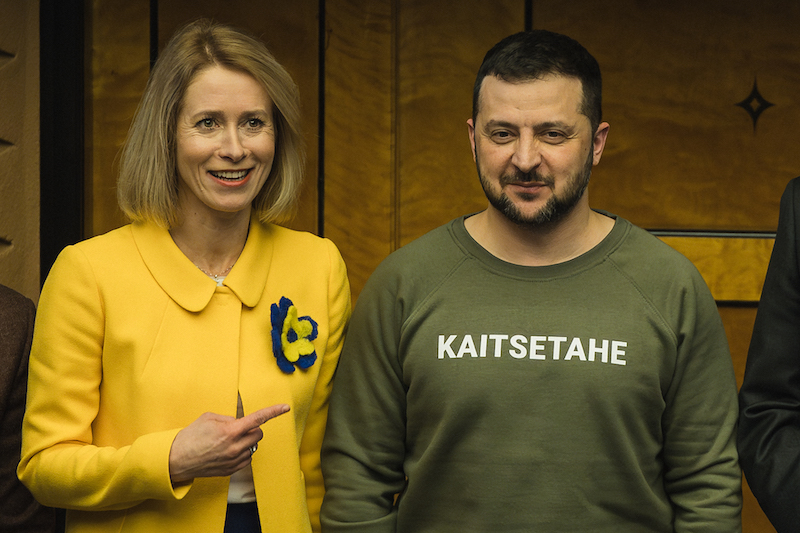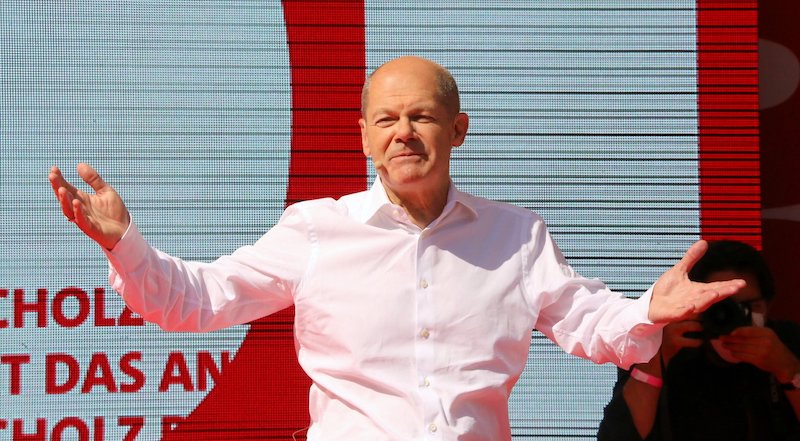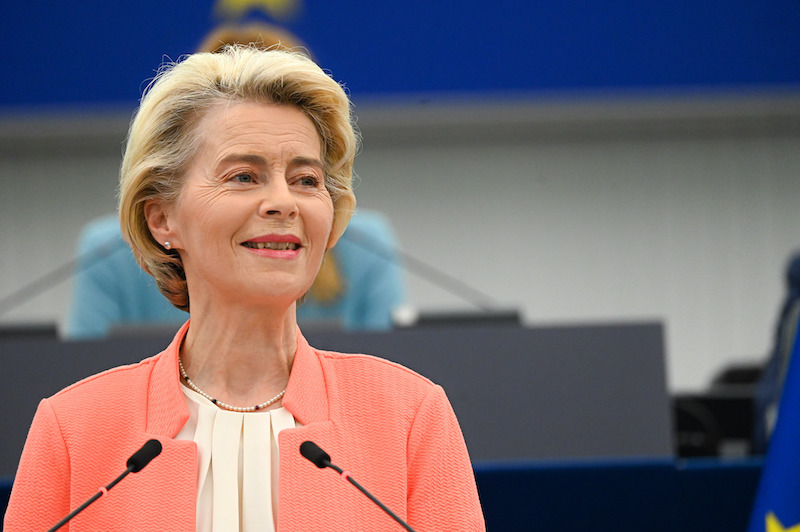Estonia’s prime minister Kaja Kallas warns that some reforms Ukraine must initiate to join the EU will be unpopular at home.
Where would Estonia be now, if we had not had the chance or readiness to join the EU?
We would be in quite a different place. Firstly, our well-being would not be the same. Since the 1990s, our pensions have risen 65 times and salaries 35 times. The other dimension is security. Membership has an effect – as a member of this club, each one of us is not alone. We meet with other leaders so often that we become friends.
What are the fears among EU leaders about the accession of Ukraine or the western Balkan countries?
Years ago I talked with Portugal’s now-prime minister António Costa, who remembered that when their accession was on the agenda, there was a fear [among existing member states] of the “Portuguese plumber”. When we joined, the fear was the “Polish plumber” and now it is the “Ukrainian plumber”. This has not been the case because economic convergence will raise living standards and there will not be a need for large-scale migration.
There is of course the fear of corruption. Will the [prospective member states] be able to carry out reforms? In the case of the western Balkans, there is also the issue of crime. Another fear is what we see in Hungary today. We wrestle with them a lot. If so many new countries join, what will that mean for EU decision-making?
How should politicians in these countries calibrate the hopes of their people? Some leaders of future member states claim they could be ready in two years’ time.
Our accession took eight years. It requires tough reforms, which are unpopular. And they require an understanding among the people that these need to be done for the sake of a better future. We know from our experience that this will not be easy.






